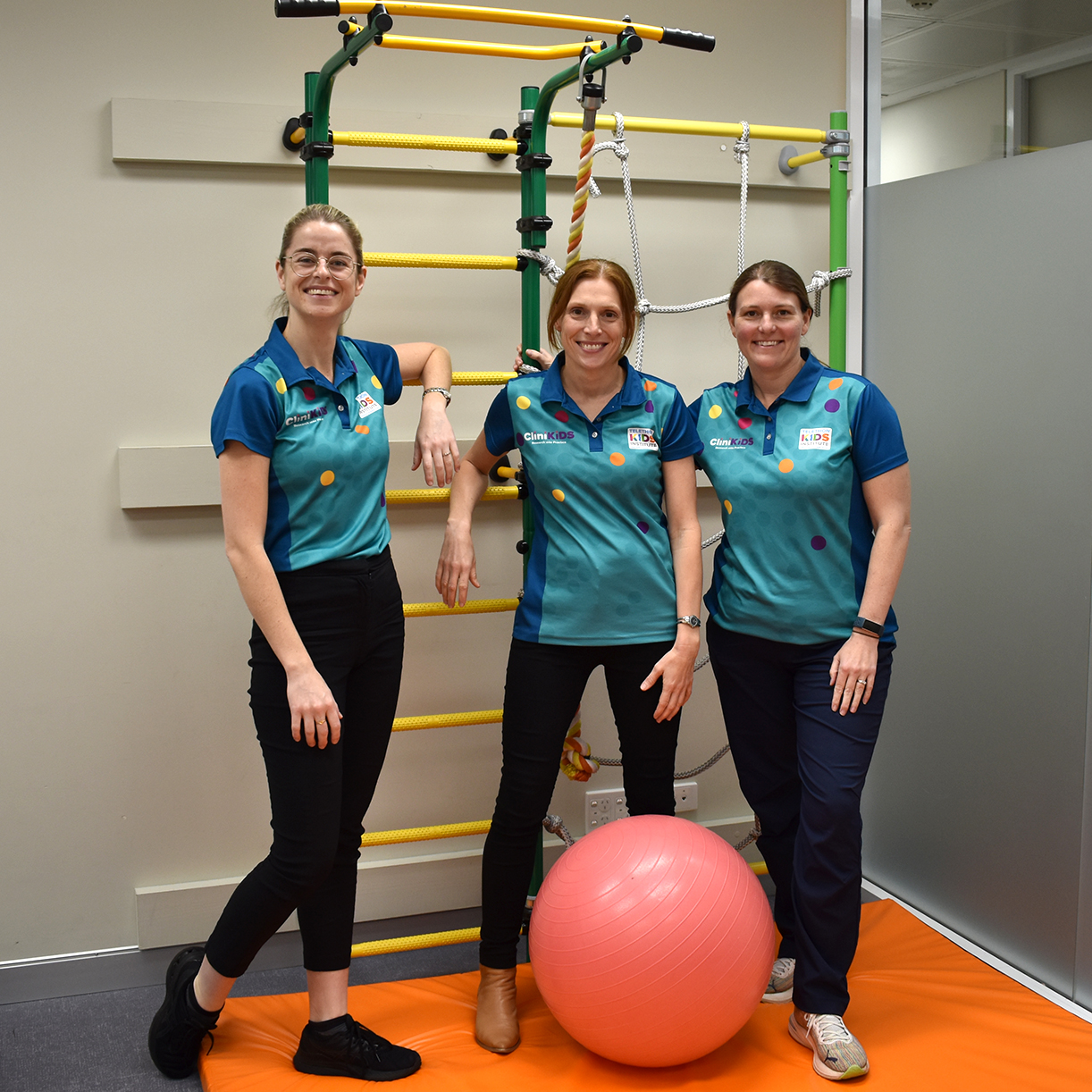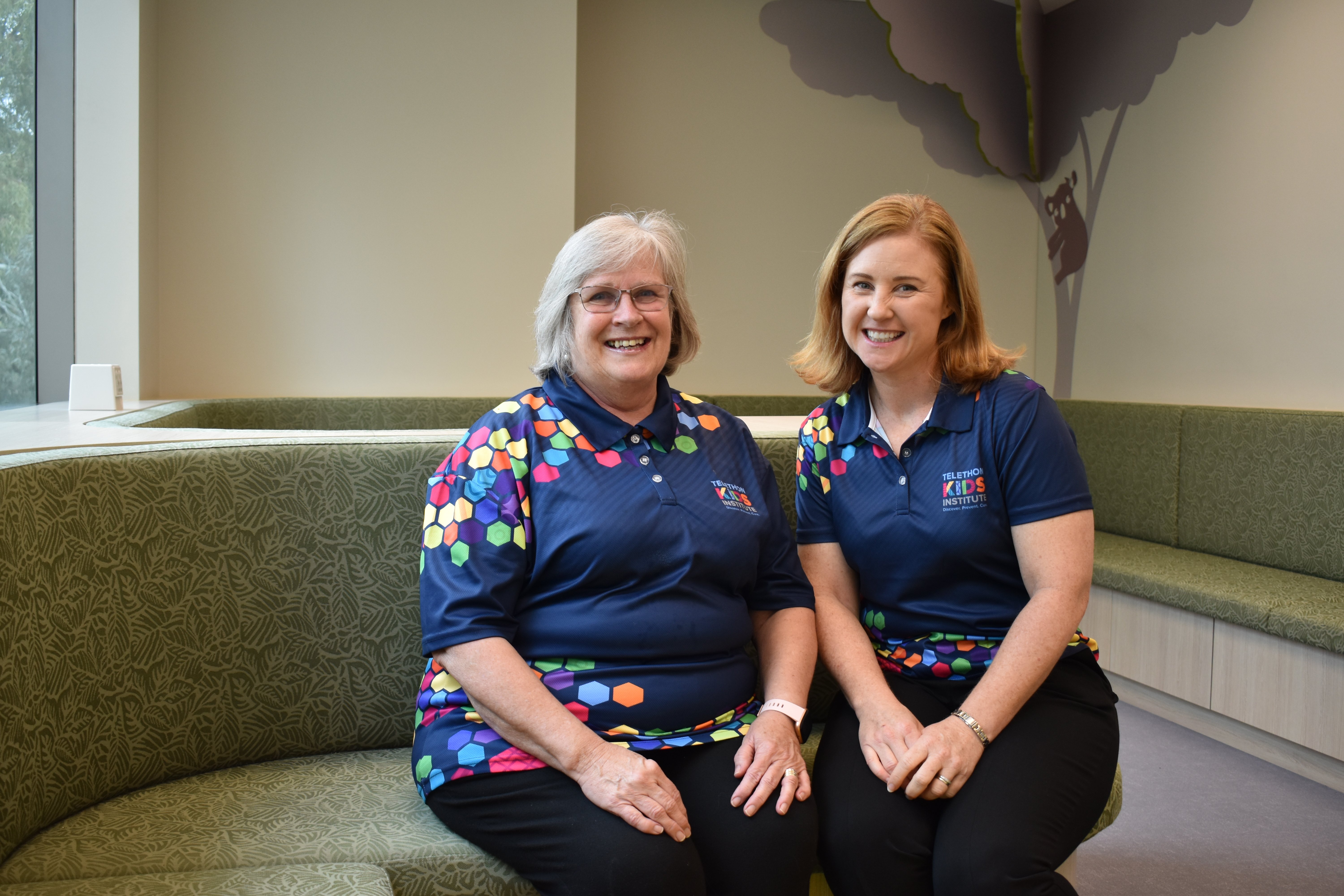
Marie: My favourite OT tools are the child’s clothes and shoes. Seeing the smile of a child when they are able to take off or put on their own shoes (whether it be Velcro or laces), when they put on their school shirt the right way around or when they close the button on their own just makes my day.
Gayle: Anything that involves messy play, specially creating something fun like playdough, cloud dough, goop, finger paint, slime, calm down glitter bottles, stress balls etc. This ticks so many boxes for our children – their sensory needs are met, they engage in an activity that has a clear beginning, middle and end, sense of fun and adventure as they involve themselves in creating something to take home, emotional regulation is achieved via active and interested participation; opportunities to request and receive help and support; work together; enhances self-esteem, achievement and focus. 
Tarryn: My favourite resource to use in therapy is the unique interests and motivation of the child. The child receives feedback from interacting with the world and adapts their response to it as they are engaging in a meaningful activity. It’s wonderful to watch a child build upon use their skills when they have the right prompts and supports to try something new. Occupations always exist in a context so modifying the social and physical environment helps to modify the way that information is received and processed. This helps to find the ‘just right’ challenge for learning.
Ally: The child’s natural environment is my favourite OT tool. Embedding therapy strategies into the child’s naturalistic environments, such as school, home, and other everyday life contexts, enables us to provide functional supports that are authentic and help children develop essential life skills in ways that are most meaningful. This not only enhances the child's ability to engage in real-life situations but also promotes a collaborative and family-centred approach to therapy, ensuring that the child's progress extends beyond therapy sessions into their everyday life.
To find out about Occupational Therapy services at CliniKids, click here.
Top photo: Ally Raphael, Marie Rodatz and Briohny Dempsey (no longer CliniKids).
Bottom: Gayle Hillen and Tarryn Culverhouse.
